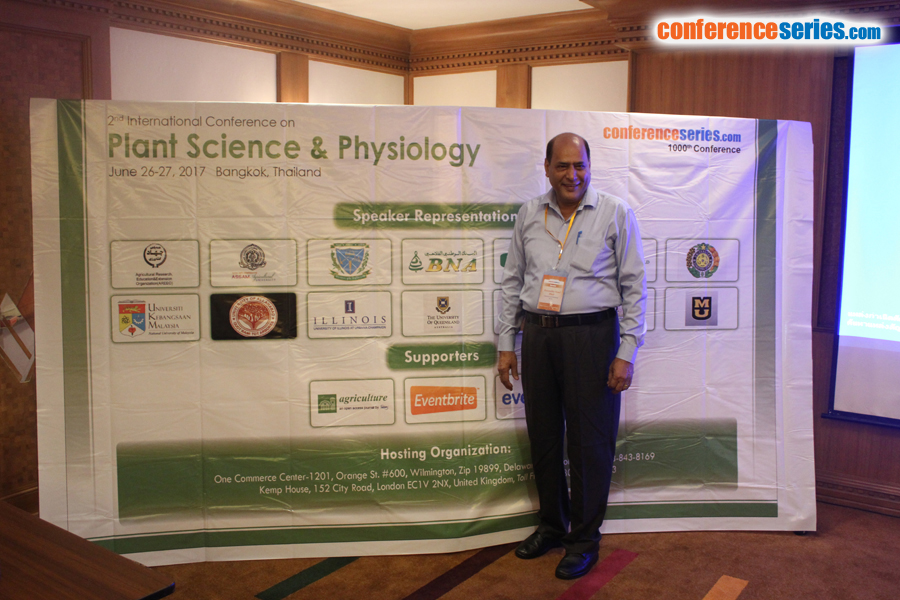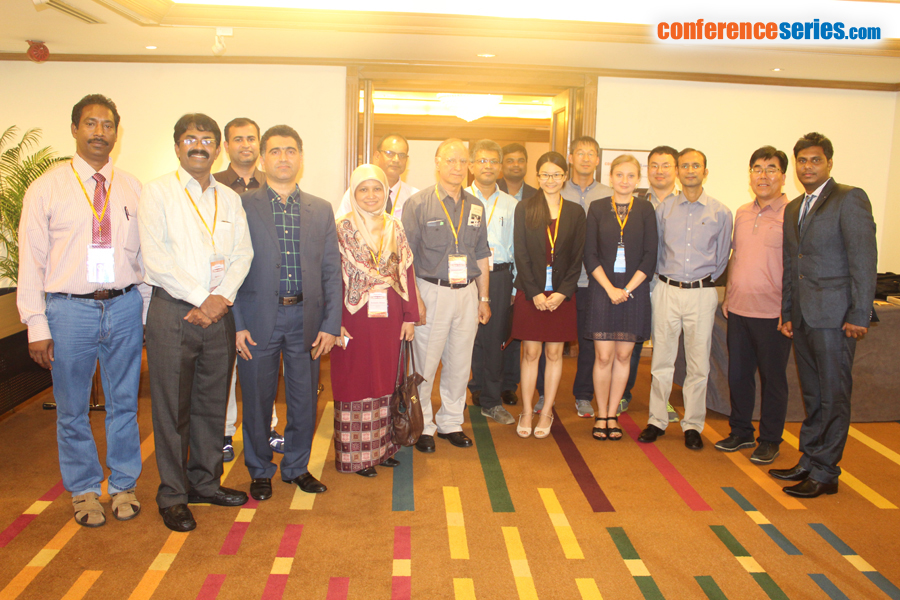
Kaustubha Nand Bhatt
University of Allahabad, India
Title: Alternative method of farming for sustainable agriculture and ecological security
Biography
Biography: Kaustubha Nand Bhatt
Abstract
Statement of the Problem: System of Rice (also Root or Crop) Intensification (SRI/SCI)) is a promising resource conserving method of crop cultivation grounded in the physical and biological sciences. The method is now producing agricultural ecosystems that could engage various stakeholders in a participatory manner to increase yield, resource use efficiencies and income. This paper analyzes the experiences of the farming communities in practicing SRI/SCI from different parts of India as an alternative method of sustainable agriculture.
Methodology and Theoretical Orientation: Based on secondary data sources, the paper explores the outcomes of the SRI/SCI for enhancing productivity and environmental sustainability. The post War modern agricultural practices led to both biotic and abiotic stress sacrificing ecological security and biodiversity for maximizing output. SRI is a shift from input centric to farm and farmer centric method. The method is a process driven approach and a return to learning by doing.
Findings: The SRI, perhaps, is not new to India. In the 1920s farmers in Tamil Nadu practiced single seeding planting and obtained a yield of 6 tonnes per hectare, when the average yield then was 1.5 tonnes per hectare. Presently almost a million farmers are practicing SRI in India in more than 350 districts. It became part of the National Food Security Mission in 2007. A farmer from the ‘backward’ region of Bihar in India has claimed a yield of 22.4 t/ha of rice using SRI method in 2016. Many farmers across the country are learning the practices of SRI from one another. The core practices of SRI have been applied to sugarcane, wheat, ragi, mustard and vegetable production with success. Conclusion: We are indeed poised for a fine blending of farmers’ knowledge and experiences and the present practices for agro ecological crop management in the future.




